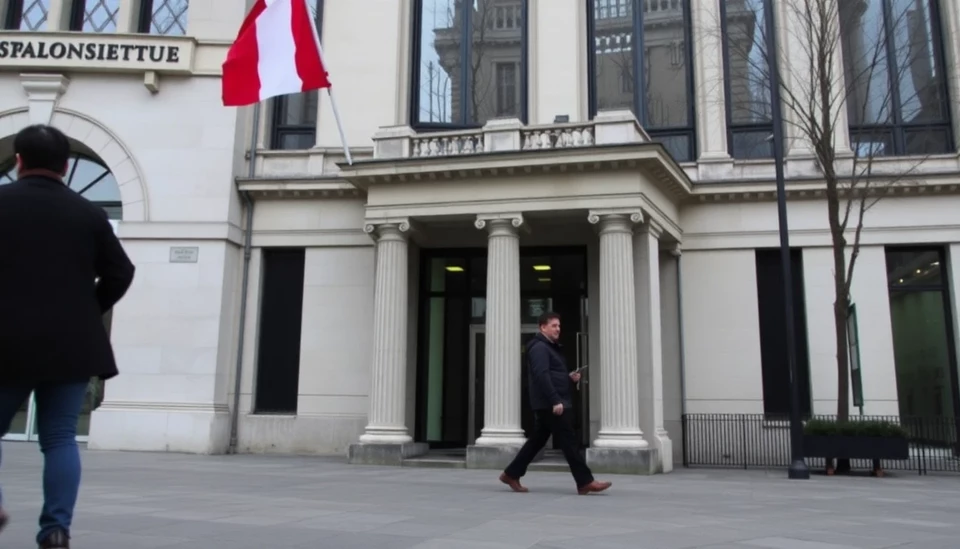
In a surprising economic twist, data released on March 28, 2025, indicates that inflation in France has held steady, significantly deviating from what analysts had anticipated. The latest figures reveal that inflation remains well below the European Central Bank's (ECB) target, which has stirred a mix of relief and concerns among economists.
According to the National Institute of Statistics and Economic Studies (INSEE), the French inflation rate stood at 2.5% for March, matching the rate recorded in February. This figure notably contrasts with the continual rise in prices that the eurozone has experienced over the past few months, raising eyebrows regarding the French economy's resilience in the face of broader European inflation trends.
The data comes as a welcome surprise to consumers who have faced rising costs in various sectors. However, the consistent inflation rate also sparks discussions about the ECB's policies, particularly as it strives to rein in inflation across the eurozone, which currently hovers around 4.5%. Maintaining an inflation rate below the ECB's target of 2% reflects both the effectiveness of France's economic strategies and potential vulnerabilities in the broader European economic framework.
One of the key drivers behind this stabilization in inflation is the government's intervention through measures aimed at shielding consumers from surging energy prices and supply chain issues. Policies such as price caps on essential goods and subsidies for households have evidently played a role in curbing inflationary pressures, proving the French government’s proactive approach in navigating economic challenges.
Despite the positive indications in France, experts warn that the steady inflation rate could place the country in a precarious position regarding its monetary policy alignment with the rest of the eurozone. Some economists argue that France’s situation may limit the ECB’s leverage in adjusting interest rates, particularly if other member states continue experiencing higher inflation rates. The ECB has maintained a cautious stance, indicating that it will do whatever it takes to achieve its inflation goal, which might prompt broader discussions regarding rate hikes or easing policies that could significantly affect France’s economic landscape.
Furthermore, as the effects of global economic trends ripple through Europe, the resilience of France's inflation figures may be tested in the coming months. Analysts are closely watching key economic indicators such as consumer spending and investment trends, aware that any significant shifts could impact inflation dynamics dramatically.
The upcoming meeting of the ECB is set to attract significant attention, as policymakers will need to assess the latest developments in member states and devise strategies that cater to varying economic conditions across the eurozone. Investors and stakeholders will be keenly observing how these developments might influence France's economic policies and the overall regional response to inflation trends.
As France continues to hold steady in its inflation rate, the prevailing uncertainty reminds us that economic landscapes are ever-evolving. The nation’s ability to maintain this stability will be crucial in the months ahead as it navigates through the complexities of domestic and international economic pressures.
In summary, France's inflation staying at 2.5% in March, notably below the ECB's goals, is a development that could shape both national fiscal policies and broader eurozone strategies in the near future. The interplay between national measures and regional economic pressures will undoubtedly remain at the forefront of discussions among policymakers and economists alike.
#FrenchInflation #ECB #EconomicTrends #FranceEconomy #InflationStability #EurozoneEconomy
Author: Daniel Foster

